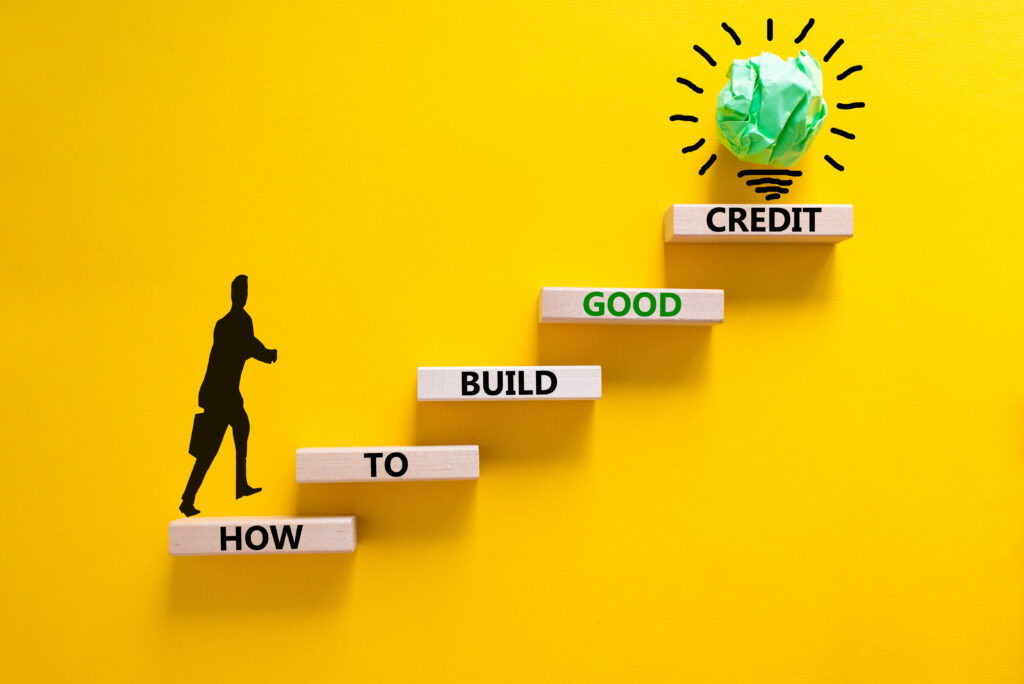Your credit score plays a major role in your financial life, from securing a loan, getting approved for a rental apartment, or credit card. The good news is that with the right steps, you can make meaningful progress in as little as 30 days. Here’s how to raise your credit score smart & fast.
- Check Your Credit Report for Errors
Start by requesting a free copy of your credit report from the three major credit bureaus — Experian, TransUnion, and Equifax — at AnnualCreditReport.com. Review each report carefully for mistakes such as incorrect account information, fraudulent activity, or outdated negative marks. Disputing and correcting these errors can lead to a quick improvement in your score.
2. Try a Credit Building App Like Kikoff
If you’re looking for a simple, low-cost way to build credit without taking on new debt, consider using a credit building app like Kikoff. Kikoff offers a line of credit that’s specifically designed to help you build a positive payment history and improve your credit utilization. There’s no hard credit check or high fees. It’s just a straightforward way to build credit every month. Many users see an improvement in their credit scores in just a few weeks after using Kikoff responsibly.
3. Pay Down Credit Card Balances
Your credit utilization ratio, the amount of credit you’re using compared to your total available credit, makes up about 30% of your credit score. Aim to keep it, ideally, under 10%. If you have the funds available, paying off high balances on your credit cards can give your score a noticeable boost within a month.
4. Make All Payments On Time
Your payment history is the most important factor in your credit score. Even one missed or late payment can hurt your score significantly. Set up automatic payments or reminders to ensure you never miss a due date. If you have any late payments pending, try contacting your creditor to see if they’ll remove the late mark once you’ve made a payment.
5. Become an Authorized User
Ask a trusted friend or family member with good credit to add you as an authorized user on one of their credit cards. You don’t have to use the card — just being associated with a positive account with a long history and low utilization can help improve your credit score quickly.
6. Keep Old Accounts Open
The length of your credit history also affects your score. If you have older credit cards with no balance, resist the urge to close them. Keeping them open helps maintain a longer average credit history and contributes positively to your score.
Improving your credit score in 30 days is possible with the right focus and financial habits. By reviewing your credit report, managing your utilization, making on-time payments, and using tools like, Kikoff, to build credit, you can take meaningful steps toward a stronger financial future. Remember, credit building is a journey, but every smart step you take today brings you closer to your goals tomorrow.



